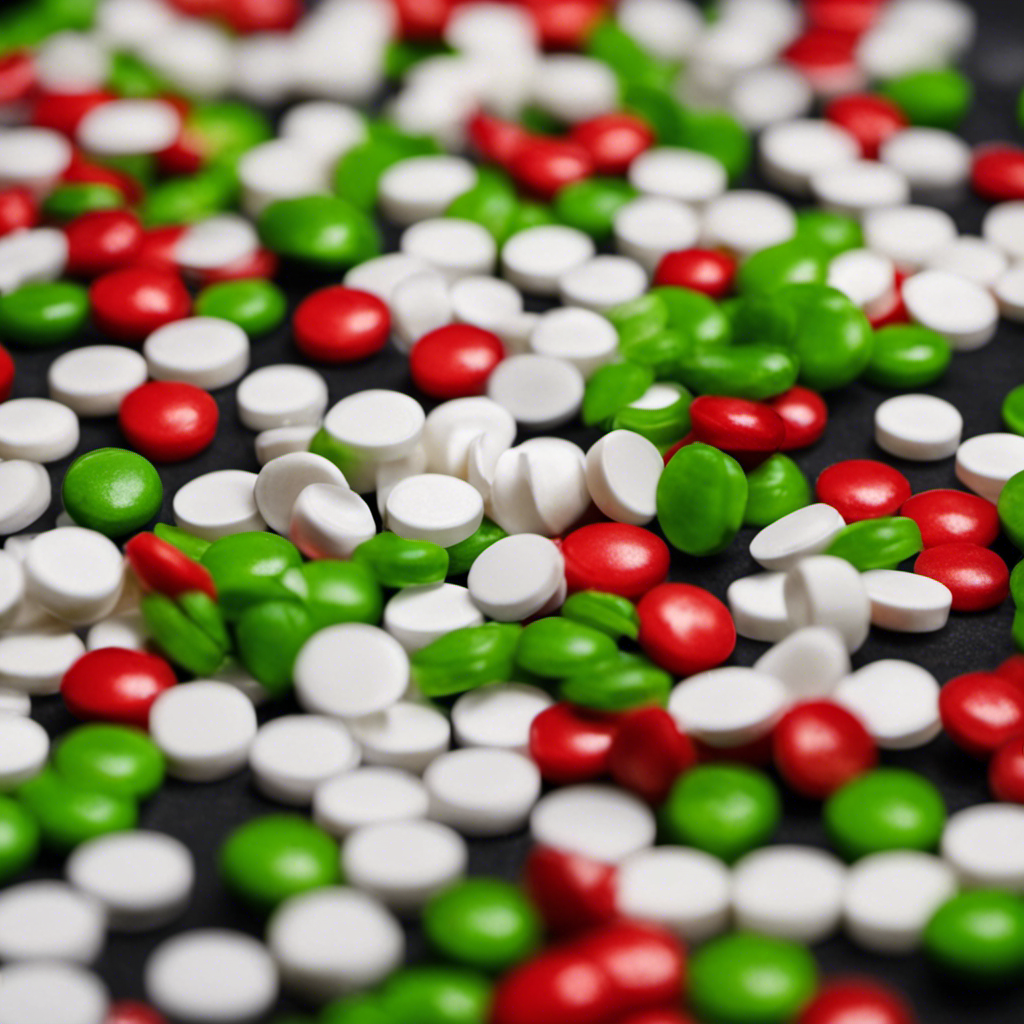
Rheumatoid arthritis, a condition in which the immune system attacks the joints leading to discomfort and stiffness has always been an area, for researchers. However there is news from the Baylor College of Medicine, in Texas where scientists have made a discovery. They have utilized probiotics, which’re bacteria to deliver a promising drug that suppresses the immune system. This breakthrough could potentially revolutionize how we approach treating arthritis making it more effective and patient oriented. In this article we will delve into this use of modified bacteria and explore its implications for improving treatment strategies.
The Difficulty of Dealing with Rheumatoid Arthritis
Rheumatoid arthritis is a health obstacle where the immune system mistakenly attacks the tissues in joints leading to swelling, pain and limited movement. Traditional treatments often involve using inflammatory drugs that aim to suppress the immune response. However these treatments usually require injections. Can have drawbacks such, as impacting quality of life and increasing the risk of infections. Scientists have been actively searching for alternatives that’re not effective but also more convenient for patients.
Discovering a Link with Sea Anemone Venom
In studies researchers found promise in a peptide called ShK 186 derived from sea anemone venom when it comes to relieving conditions like arthritis. The challenge however lies in finding a method for administering this peptide. Similar to protein based drugs used in arthritis treatment ShK 186 needs repeated injections. This prompted scientists to explore a patient approach.
The Role of Probiotics
Here’s where Christine Beeton and her team, at Baylor College of Medicine come into play by adopting a strategy to tackle this challenge. They genetically engineered Lactobacillus reuteri—a bacterium commonly found in the gut and yogurt—to produce a modified version of ShK 186 now referred to as ShK 235.
“We had the idea to use a probiotic that’s well known and safe for humans and then make some modifications so it can produce our drug ” Beeton explained.
To determine how well their new method works the researchers carried out tests, on rats that had arthritis. The rats were given injections of either ShK 235 or a control solution every day for three weeks. They were fed the probiotic that produces ShK 235 on a daily basis.
The outcomes were truly remarkable. Rats that received injections of ShK 235 showed a 60 percent decrease, in swelling in their toes, wrists and ankles compared to the control group. Interestingly when rats were treated with the probiotic that produces ShK 235 the reduction in swelling was more impressive reaching a 84 percent decrease.
A Potential Game Changer
“When we first tried it we were skeptical ” says Beeton. Thankfully there were no side effects during the experiments. However before moving with trials further research is necessary to understand how this probiotic might impact other microorganisms in the human body. Beeton remains hopeful. Adds, “We also anticipate that probiotics could be used to administer existing medications.”
Human Trials on the Horizon
While these discoveries in rats are promising, progressing to trials is a next step. Paul Emery from the University of Leeds in the UK emphasizes caution and states that “if this treatment proves effective, in humans as it has in rats it could be a groundbreaking delivery system –. We must remember that rats and humans are different so thorough testing is needed.”
Future Treatment Implications
The use of probiotics to administer immune suppressing medications holds promising prospects, for treating arthritis. If human trials prove its effectiveness this method has the potential to revolutionize the way patients undergo treatment providing an more comfortable option compared to injections. Moreover probiotics versatility may extend to delivering drugs currently available broadening the range of conditions that can benefit from this innovative delivery system.
Conclusion
The combination of probiotics and immune suppressing medications offers promise in the field of rheumatoid arthritis treatment. The positive outcomes seen in experiments conducted on rats bring hope for an patient friendly approach, to managing the symptoms of this challenging condition. As research continues this innovative delivery system could not only greatly improve the lives of individuals with arthritis. Also open doors for similar advancements in treating other immune related disorders. The journey from laboratory results to real world impact is underway representing an advancement, in our ongoing pursuit of innovative and accessible healthcare solutions.
